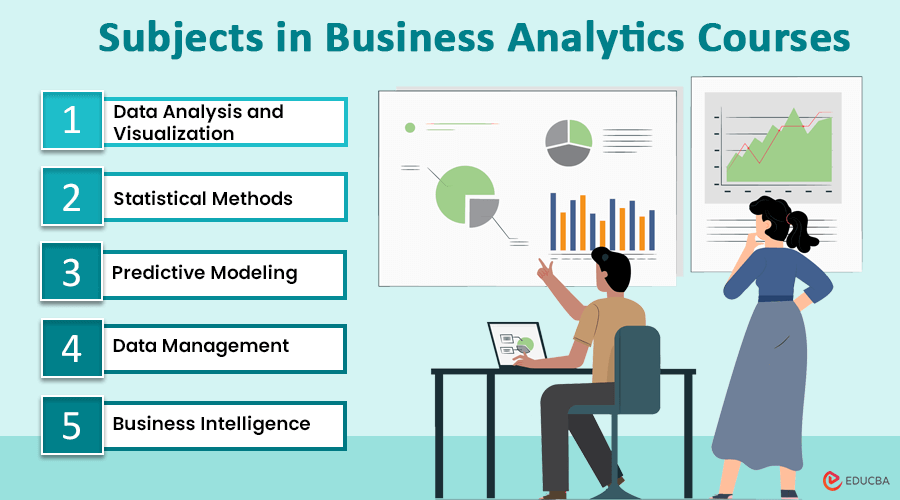Overview of Proxy Server/VPN Benefits for Students
As education shifts from classroom learning to online courses, more people are studying from home using computers and mobile devices. From 2022–30, the e-learning market might grow by 20.5%. It has benefits, like fewer distractions and the ability to stay at home, avoiding the costs of living elsewhere for university. However, with more time spent online, students are more exposed to hackers and scammers. Thus, using a virtual private network (VPN) or a proxy server is a good idea. There are several VPN benefits for students, so let’s explore what they are.
VPN or Proxy – What’s the Difference?
Many people think that VPNs and proxy servers are one and the same thing, but that’s not strictly true.
VPN:
A VPN uses an encrypted middleman server between a student’s device and the connection to their internet service provider (ISP). That server’s internet protocol (IP) address will almost certainly be different every time they commence a new internet session.
VPNs tend to be more safely encrypted than individual proxy servers because sometimes dozens of people might share one VPN provider’s server. VPNs can also protect an entire computer or even a domestic / office network if the VPN software is present on the local internet modem router.
Proxy Server:
On the other hand, a proxy user connects to the internet via a server by a proxy provider. However, the proxy might be static, meaning the same server will be in use each time the student connects.
Proxies are limited to the individual software client connected during a session, be that a browser, email client, learning software, or whatever. Accordingly, proxies aren’t quite as secure as VPNs, but they do provide the facility to run in multiple threads and integrate with third-party tools, such as Learning Management Systems (LMSs).
Benefits of Using a VPN/Proxy Server
Students can enjoy the following advantages of using a VPN:
#1. Sidestep Geo-Restricted Content
As part of a student’s research, they might want to access the incredibly valuable resources of the UK’s ‘Open University’ content via the BBC’s iPlayer streaming platform.
But only UK internet protocol (IP) addresses can access iPlayer – because you have to pay a UK TV licence to use the facility, and in any case, you also have to be physically in the UK as a British resident – temporary or permanent.
However, by using a VPN, a student can choose to access a UK IP address from the VPN’s international network, and the iPlayer becomes instantly accessible. But if a proxy server user tried the same thing, unless the proxy was in the UK, the same technique wouldn’t work.
#2. Avoid Slow Data Streaming
Some ISPs intentionally slow down connections for users who use a lot of data. It can affect data-hungry students, like gamers, film students streaming videos, or drama students uploading high-definition videos to YouTube.
When this happens, the connection can become so slow that it’s almost unusable. Solutions include paying for a higher bandwidth plan, waiting for the new billing cycle to reset the limit, or using a VPN. With a VPN, the ISP can’t easily identify the user, making it harder for them to throttle the connection.
#3. Keep Safe from Hacking
Some students have high liberal political ideals, especially when they are younger. So, if you are a political activist, or perhaps you might be from a country on CIA hacker watch lists like Iran or China, government agencies might be monitoring your internet activity and even your emails. They achieve this by contacting the target person’s ISP. In many countries, companies have to allow the authorities access to internet activity logs and email content.
However, by using a VPN, once again, the ISP can’t identify the specific account, and the internet connection is encrypted. The authorities’ investigators would face a bunch of confusing data.
#4. Defeat Dynamic Pricing
Students and young professionals often have limited money, so they are always looking for deals.
Online retailers can offer different prices based on whether their website’s AI thinks the visitor can afford it. For example, a student in the UK booking a flight to India may be more than if they booked from India.
It happens because your IP address shows your location. If you are in central London, you will pay more for the same flight than if you were booking from Chennai. Smart algorithms look at your location and device to determine the price. However, using a VPN to appear as if you are in India can trick the system, leading to cheaper prices in local currency and better rates.
Final Thoughts
The simple truth is that the more time you spend online, especially if you are using forums or publishing work, the more likely you are to encounter phishing scams, fake job offers and attempts to install spyware on your devices. Using a proxy server or VPN—many of which offer free basic services—can significantly reduce these risks and help you focus on your studies or research safely.
In short, whether you are working remotely or whatever subject you are studying, one of the smartest things you can learn nowadays is the basics of cyber-security.
Recommended Articles
We hope you found this list of VPN benefits for students helpful. Here are other articles you might find useful.



